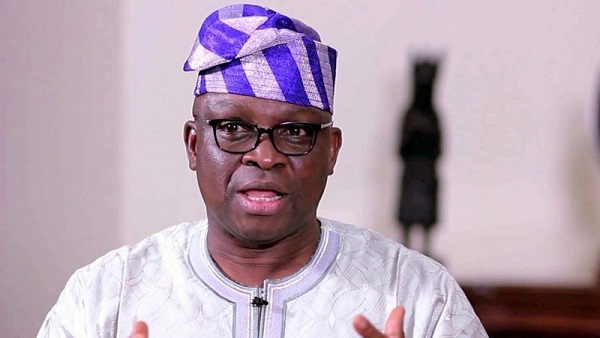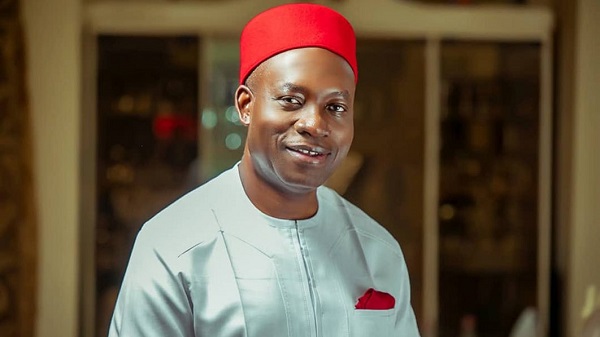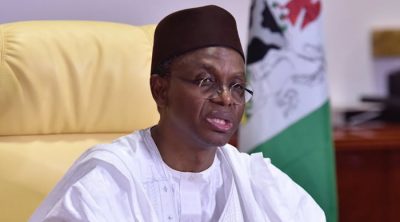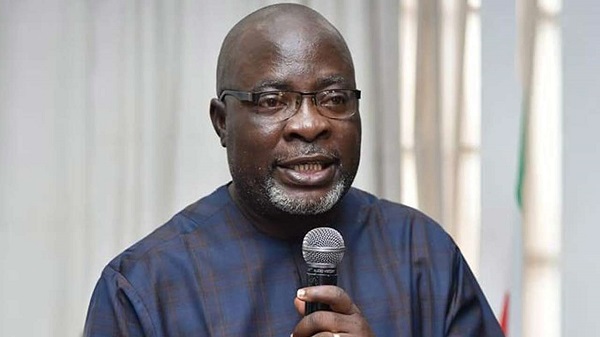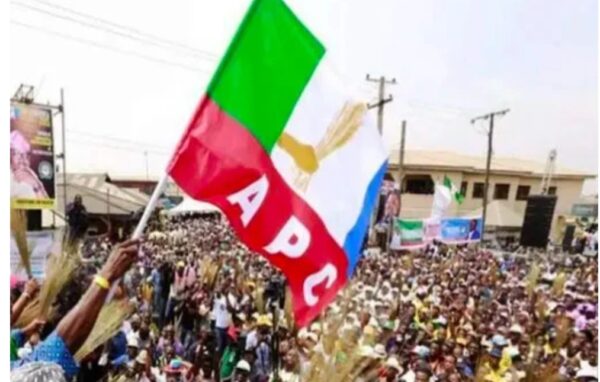Nigeria’s Only Progress In 40 Years Was Under Jonathan’s Presidency – Sanusi
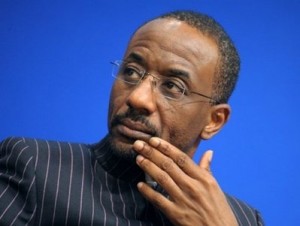
A former Governor of Central Bank of Nigeria (CBN), Alhaji Sanusi Lamido has stated that the only time Nigeria made progress in the last 40 years was in 2014 during the administration of former president Goodluck Jonathan.
Alhaji Sanusi Lamido made this assertion in Kaduna on Saturday at a colloquium to mark his 60th birthday.
Said he: “In 1980, Nigeria’s GDP per capita on purchasing power parity basis was $2,180. In 2014, it appreciated by 50 percent to $3,099. Between 2014 to 2019, we have gone down from $3,099 to $2,229.
Giving the statistics, Sanusi maintained that the government must make the economy grow for the sake of ordinary Nigerians, pointing out that in the last 40 years, the Nigerian economy had not made any meaningful progress.
The former banker explained that Nigeria’s GDP per capita on purchasing power parity had gone through a cycle where it grew and plummeted to nearly the amount it was 40 years ago.
Observed Sanusi: “In 1980, Nigeria’s GDP per capita on purchasing power parity basis was $2,180. In 2014, it appreciated by 50 per cent to $3,099. According to the World Bank, where were we in 2019? $2,229. At this rate in the next two years in terms of purchasing power parity, the average income of a Nigerian would have gone back to what it was in 1980 under Shehu Shagari. That means, in 40 years, no progress, we made zero progress. 40 years wasted.
“Between 2014 and 2029, on the basis of this index of the purchasing power of the average income of an average Nigerian, we have wiped out all the progress made in 35 years. We have a responsibility as a people to rise and improve the lives of the people of this country”.
Sanusi also added that there was no ignoring the facts that “things” were not working well in the country today, adding that “when you are in a society that is so abnormal, you cannot afford to be a conformist because you all conform, things will not change”.
The economist also argued that fuel subsidy was unsustainable in the country, adding that had fuel subsidy been removed 10 years ago, Nigerians would not have felt less pain than if it was eventually removed today.
Noted he: “Many years ago when I was screaming about the billions being spent on fuel subsidies, I remember there was an attempt to attack my house in Kano. Then I was in the CBN. Where are we today? We are face to face with the reality that fuel subsidy is unsustainable. Now when the decision is taken, it will be more painful than if they had removed it five or 10 years ago.
“I only speak to the best of my understanding of what I see about the country and I have paid the price, but Nigerians are the ones paying the real price. It is the price you see in increased poverty, it is a price you see in insecurity, in high rates of inflation, in the loss of values of our currency, in the numbers around malnutrition, unemployment, out of school children, maternal mortality and infant mortality.
“Calling me controversial or calling me an enemy or critic will not make those facts go away. So, anywhere we go, we must face these facts. Am I happy about it on my 60th birthday? No. Because, 60 years ago when I was born, the United States government advisory was telling investors that Nigeria has a better economic future than Japan. Today where are we and where is Japan?
“It is not about one or two governments, it is about decades of a people throwing away opportunities and every time we are given a chance to make a change, we go back to the same old things”.
Sanusi stressed that 70 per cent of Nigeria’s challenges were rooted in the nation’s economy, noting that Nigeria was like a house on fire that needed all hands on deck to put it out.
The colloquium had in attendance Governor Aminu Tambuwal of Sokoto State; former Deputy Governor of CBN, George Moghalu; the Deputy Governor of Kaduna State, Dr. Hadiza Balarabe; Emir of Zazzau, Ambassador Ahmad Nuhu Bamalli; university dons, among others.
Recall that Sanusi served as the Governor of the Central Bank of Nigeria from 2009 to 2014. He undertook reforms in the banking sector.
Culled from beats-onit.com



